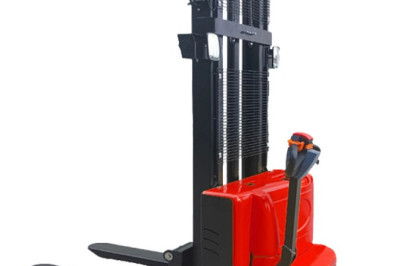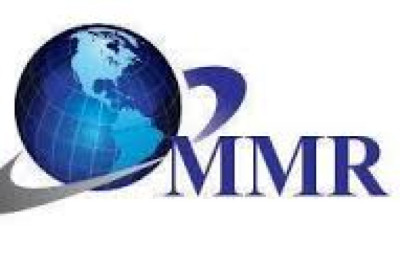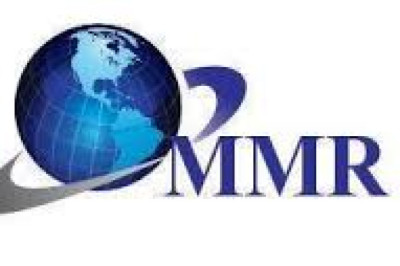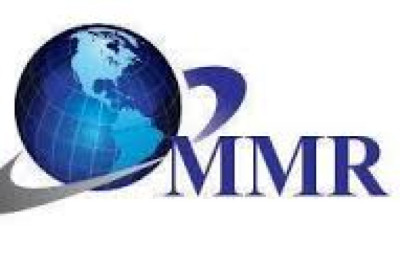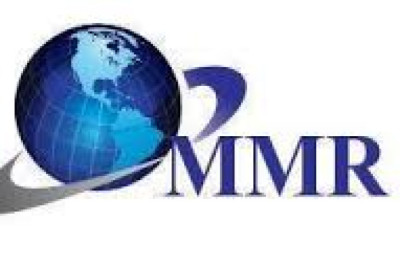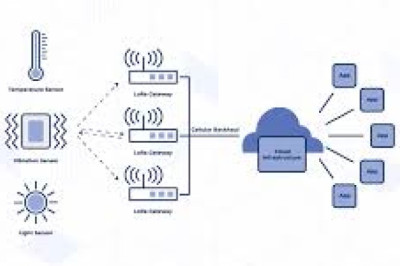views
In today's fast-paced digital landscape, effectively managing and storing data is more crucial than ever. Businesses, large and small, must adapt by employing innovative solutions to keep up with the growing demands of data storage. One such solution is NAS storage solutions, which offer a robust, scalable, and secure way to handle data. This blog will guide you through the intricacies of NAS storage solutions, helping you understand how they can transform your data strategy.
The Growing Importance of Data Management
Data is the lifeblood of modern business operations. From customer information and sales data to proprietary research and development insights, the core of a successful business lies in how well it manages its data. Inadequate data management can lead to increased costs, inefficiencies, and even reputational damage. That's where effective network storage solutions come into play—ensuring your data is accessible, secure, and efficiently organized.
Businesses today face the challenge of managing exponentially increasing amounts of data. Traditional storage methods are often insufficient, leading to bottlenecks and reduced performance. This has prompted many enterprises to seek more advanced storage solutions that can cater to their growing needs, while also being cost-effective.
By leveraging innovative storage technologies, companies can unlock new opportunities for growth and efficiency. NAS storage solutions have emerged as a key player in this space, offering a range of benefits for businesses looking to enhance their data management capabilities.
What is NAS Storage and How Does It Work?
NAS, or Network Attached Storage, is a centralized data storage solution that connects to a network, allowing multiple devices and users to access the stored data. Unlike traditional direct-attached storage, NAS operates independently, freeing up your computer’s resources while managing data in a more streamlined manner.
At its core, a NAS device is essentially a specialized file server. It consists of one or more hard drives housed in a dedicated enclosure, complete with a processor and memory to handle data requests. The system is connected to your local network, making it accessible to authorized users and devices.
One of the standout features of NAS storage solutions is their ease of use. With user-friendly interfaces and setup processes, you don’t need to be an IT expert to get started. NAS systems are designed to be plug-and-play, allowing you to quickly integrate them into your existing network and start enjoying the benefits of centralized data storage.
Benefits of Using NAS Storage Solutions
The advantages of employing NAS storage solutions in your business are numerous. First and foremost, NAS systems offer unparalleled scalability. As your business grows, so does your data storage needs. NAS solutions allow you to easily expand your storage capacity by adding more drives to the system, ensuring you never run out of space.
Additionally, NAS devices enhance collaboration within your organization. By centralizing your data, team members can easily access and share files from anywhere within the network. This fosters a more collaborative environment where everyone is on the same page, regardless of their physical location.
Security is another critical benefit of NAS storage solutions. With built-in data protection features, such as RAID configurations, your data is safeguarded against potential hardware failures. Advanced security measures, such as encryption and user access controls, further protect your sensitive information from unauthorized access and breaches.
NAS Storage vs. Cloud Storage
When it comes to data storage, businesses often find themselves choosing between NAS storage solutions and cloud-based options. While both have their merits, NAS storage offers distinct advantages that make it an appealing choice for many enterprises.
One of the main benefits of NAS vs cloud storage is data control. By keeping your data on a local device, you maintain full control over who can access it and how it is managed. This is particularly important for businesses handling sensitive or proprietary information.
Cost is another factor to consider. While cloud storage typically requires a subscription fee, NAS systems involve a one-time investment. Over time, this can result in significant cost savings, especially for businesses with large volumes of data. Furthermore, with NAS, you won't have to worry about potential price hikes or unexpected service disruptions from your cloud provider.
Lastly, NAS storage solutions offer faster data access compared to cloud storage. With data stored locally, latency is reduced, resulting in quicker access times. This is especially beneficial for businesses that rely on real-time data processing and analysis.
Choosing the Right NAS Storage Solution
With so many NAS options on the market, selecting the right solution for your business can be daunting. To make an informed decision, consider factors such as storage capacity, processing power, and the number of bays the device offers.
When evaluating NAS systems, it’s essential to assess your current storage needs and anticipate future requirements. Look for systems that offer flexibility and easy scalability, ensuring you can expand your storage as your business grows.
Another important consideration is the features and capabilities of the NAS device. Ensure the system supports the latest networking protocols and security measures. Additionally, look for devices that offer integration with third-party applications and services, enhancing the overall functionality of your storage solution.
Setting Up Your NAS Storage Solution
Once you've selected the ideal NAS storage solution for your business, it's time to set it up and start reaping the benefits. Begin by connecting the NAS device to your network and configuring the necessary network settings. Most NAS systems come with user-friendly setup wizards to guide you through the process.
Next, configure the storage drives and set up RAID configurations if desired. This will help protect your data against potential hardware failures and ensure optimal performance. Many NAS devices also offer advanced features, such as automated backups and scheduled tasks, to further streamline your data management.
Finally, establish user access controls to manage permissions and ensure only authorized individuals can access sensitive data. Regularly review and update these settings to maintain a secure and organized storage environment.
Integrating NAS Storage with Your Business Operations
To maximize the benefits of your NAS storage solution, it’s crucial to integrate it seamlessly with your daily business operations. Start by migrating existing data to the NAS system, ensuring all files are organized and easily accessible.
Encourage your team to utilize the centralized storage for collaboration and file sharing. This will not only improve efficiency but also foster a more cohesive work environment. NAS systems often come with built-in tools and applications that can enhance productivity, such as document editing and version control features.
Additionally, consider implementing a regular backup schedule to safeguard your data. NAS devices offer various backup options, including local and remote backups, ensuring your information is always protected.
Enhancing Business Continuity with NAS Storage
Disasters and unexpected events can disrupt your business operations and jeopardize your data. By leveraging NAS storage solutions, you can enhance business continuity and minimize potential risks.
A robust NAS system allows you to implement a comprehensive disaster recovery plan. With automated backups and redundancy features, your data is protected against hardware failures, data corruption, and other unforeseen events. In the event of a disaster, you can quickly restore your data and resume operations with minimal downtime.
Additionally, many NAS devices support remote access, enabling employees to work from anywhere in the world. This flexibility ensures your business can continue functioning even during disruptions, such as natural disasters or power outages.
Overcoming Common NAS Storage Challenges
While NAS storage solutions offer numerous benefits, they’re not without their challenges. One common issue businesses face is data management and organization. To overcome this, establish a clear file-naming convention and folder structure to keep your data organized.
Another challenge is ensuring optimal performance as your storage needs grow. Regularly monitor your NAS system's performance and upgrade hardware components as needed. This will help maintain fast data access and prevent potential bottlenecks.
Security is also a concern for many businesses using NAS storage solutions. To protect your data, implement strong user access controls, enable encryption, and regularly update your NAS device's firmware. These measures will help safeguard your information against unauthorized access and potential threats.
The Future of NAS Storage Solutions
The world of data storage is constantly evolving, with new technologies and innovations shaping the future of NAS storage solutions. One emerging trend is the integration of AI and machine learning capabilities into NAS systems, enabling more intelligent data management and analysis.
Another development is the rise of hybrid storage solutions, which combine the benefits of NAS and cloud storage. These systems offer increased flexibility and scalability, allowing businesses to optimize their storage strategy according to their unique needs.
As these advancements continue to unfold, businesses that adopt cutting-edge NAS storage solutions will be well-positioned to thrive in the competitive digital landscape.
Transform Your Data Strategy Today
In conclusion, NAS storage solutions offer a powerful and versatile way to revolutionize your data strategy. By centralizing your data, enhancing security, and improving collaboration, these systems provide a solid foundation for businesses to grow and succeed.
To get started, carefully assess your storage needs and select a NAS system that meets your requirements. Once implemented, integrate the solution seamlessly into your daily operations and establish a comprehensive backup and disaster recovery plan.
Stay ahead of the curve by keeping an eye on emerging trends and innovations in the NAS storage space. By doing so, you'll ensure your business remains competitive and well-equipped to tackle the challenges of tomorrow.


